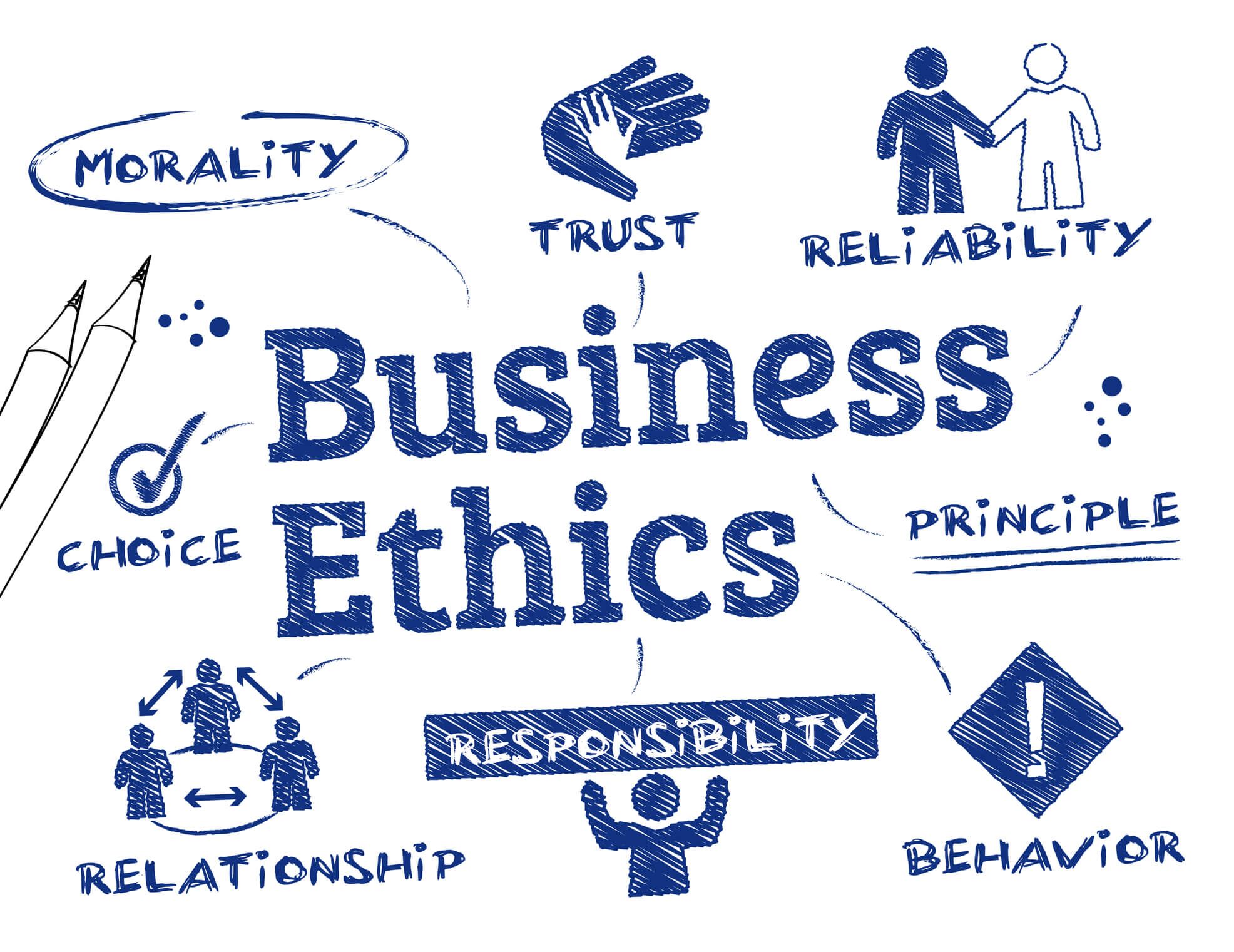
In the ever-evolving world of technology, businesses must go beyond just creating innovative products and services. Ethical business practices are becoming increasingly important, not only to gain consumer trust but also to contribute to a sustainable and responsible future. This article will delve into the significance of ethical business practices and the positive impact they can have on both businesses and society as a whole.
Building Trust and Reputation
One of the key benefits of ethical business practices in the tech industry is the ability to build trust and establish a strong reputation. Consumers today are more conscious and informed than ever before. They seek out businesses that demonstrate integrity, transparency, and a commitment to doing the right thing.
By adopting ethical practices, companies can effectively build trust with their customers, employees, and stakeholders. When a business is known for its ethical conduct, it creates a positive perception in the market. This can lead to increased customer loyalty, repeat business, and positive word-of-mouth recommendations, ultimately resulting in a strong and respected brand.
Attracting Top Talent
In the highly competitive tech industry, attracting and retaining top talent is crucial for success. Employees today are not only concerned about attractive salaries and benefits; they also want to work for a company that aligns with their own values and ethical standards.
Employers who prioritize ethical business practices have a significant advantage in attracting and retaining talented individuals. A company that upholds ethical values and treats its employees, customers, and partners with respect creates a positive and inclusive work environment. This, in turn, leads to increased job satisfaction, employee engagement, and productivity, resulting in a stronger and more competitive workforce.
Fostering Innovation and Long-term Success
Ethical business practices can foster a culture of innovation. When a business operates ethically, it encourages employees to think creatively and develop solutions that benefit both the company and society. By considering the broader impact of their actions, businesses can identify opportunities for sustainable growth and competitive advantage.
Furthermore, ethical practices ensure that businesses operate in a responsible and sustainable manner. This includes considering the environmental impact of their operations, promoting diversity and inclusion, and treating suppliers and partners fairly. By focusing on long-term success instead of short-term gains, businesses can cultivate a positive reputation and robust relationships with key stakeholders.
Contributing to a Sustainable Future
Ethical business practices play a vital role in creating a sustainable future for everyone. The tech industry, with its rapid pace of innovation, has a unique responsibility to consider the social and environmental consequences of its actions.
By prioritizing ethical practices, businesses can minimize their impact on the environment, ensuring responsible use of resources, reducing waste, and supporting renewable energy initiatives. Ethical business practices also extend to responsible data handling and ensuring consumer privacy in an increasingly interconnected world.
Furthermore, tech companies can contribute to society by integrating ethical considerations into the design and development of their products and services. This includes prioritizing accessibility, usability, and inclusivity to ensure that technological advancements benefit individuals of all backgrounds and abilities.
Conclusion
Ethical business practices are not just a trend, but a necessity for success in the tech industry. Businesses that prioritize ethics have a competitive advantage in building trust, attracting top talent, fostering innovation, and contributing to a sustainable future. By operating with integrity and putting social responsibility at the forefront, companies can create a positive impact on their customers, employees, communities, and the world as a whole.

